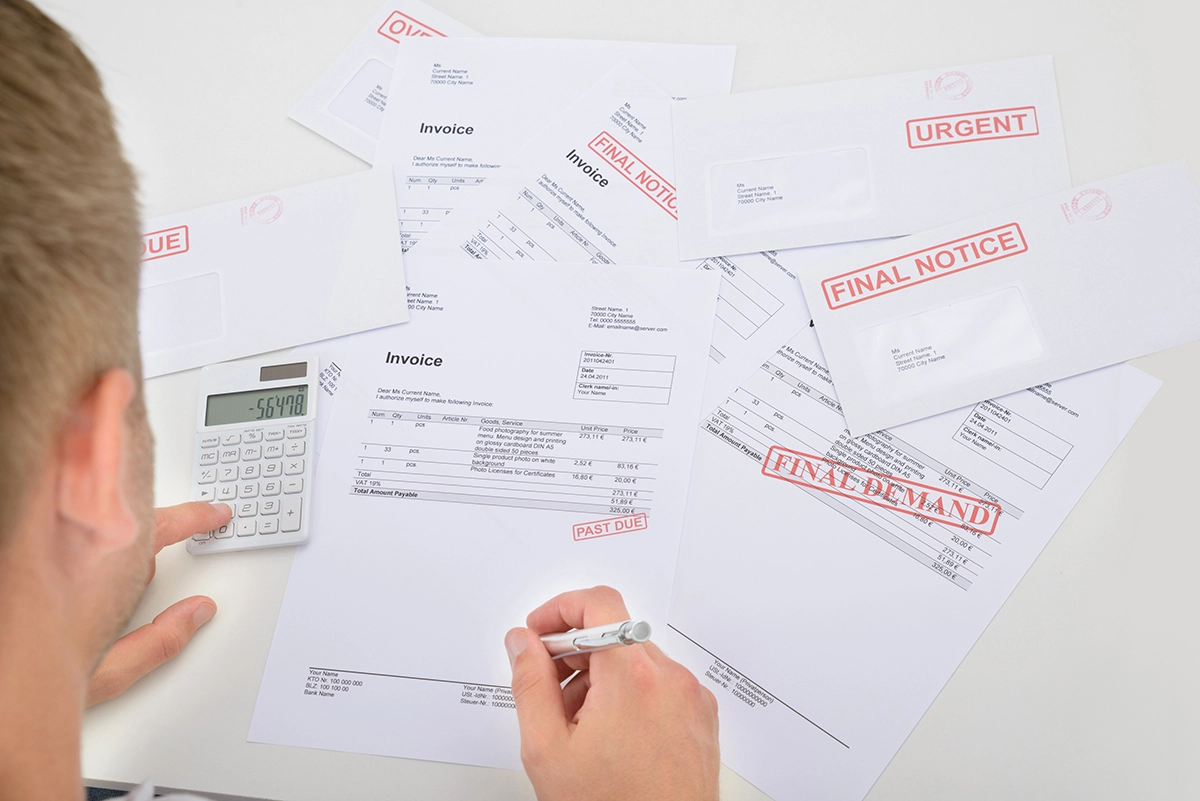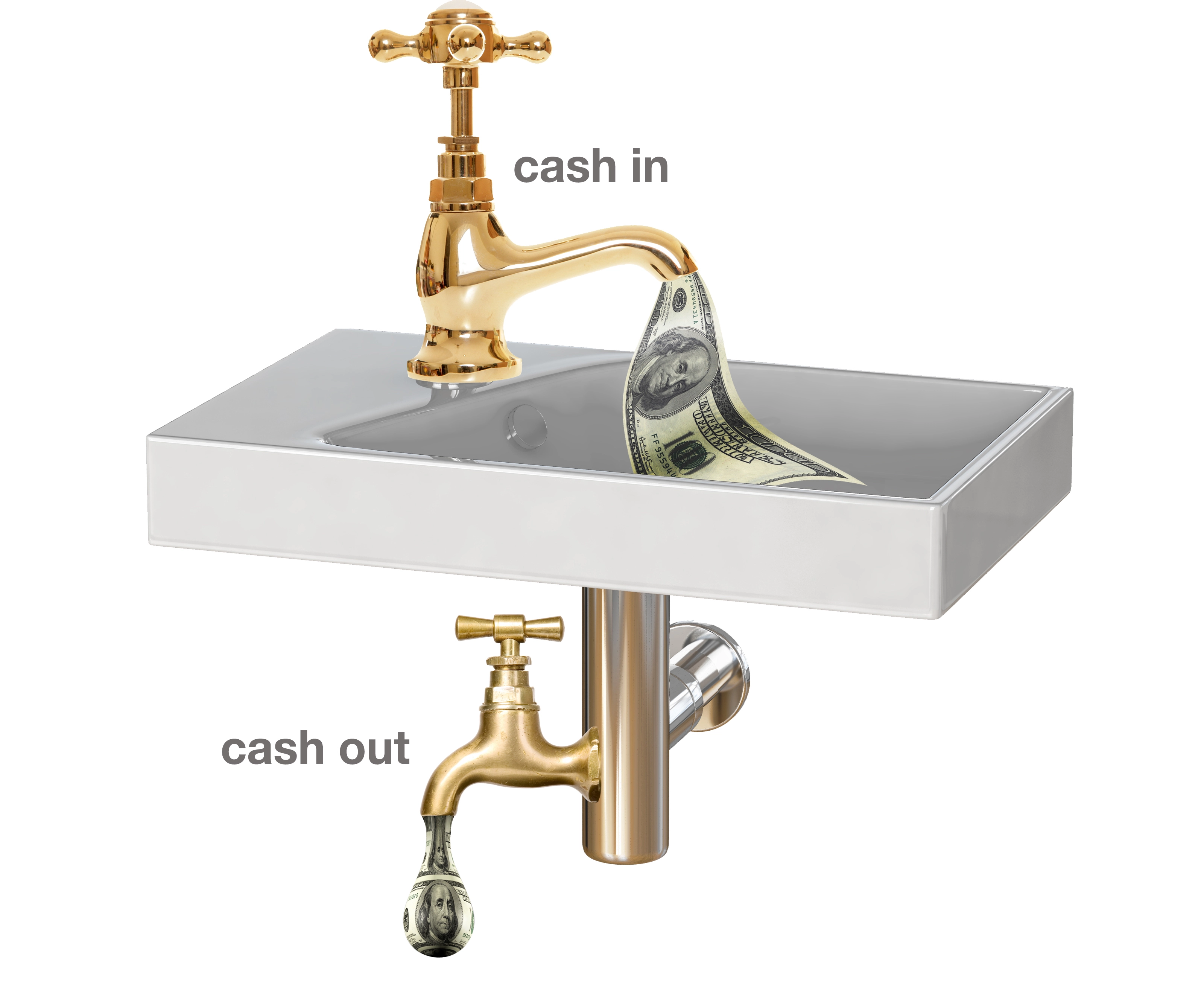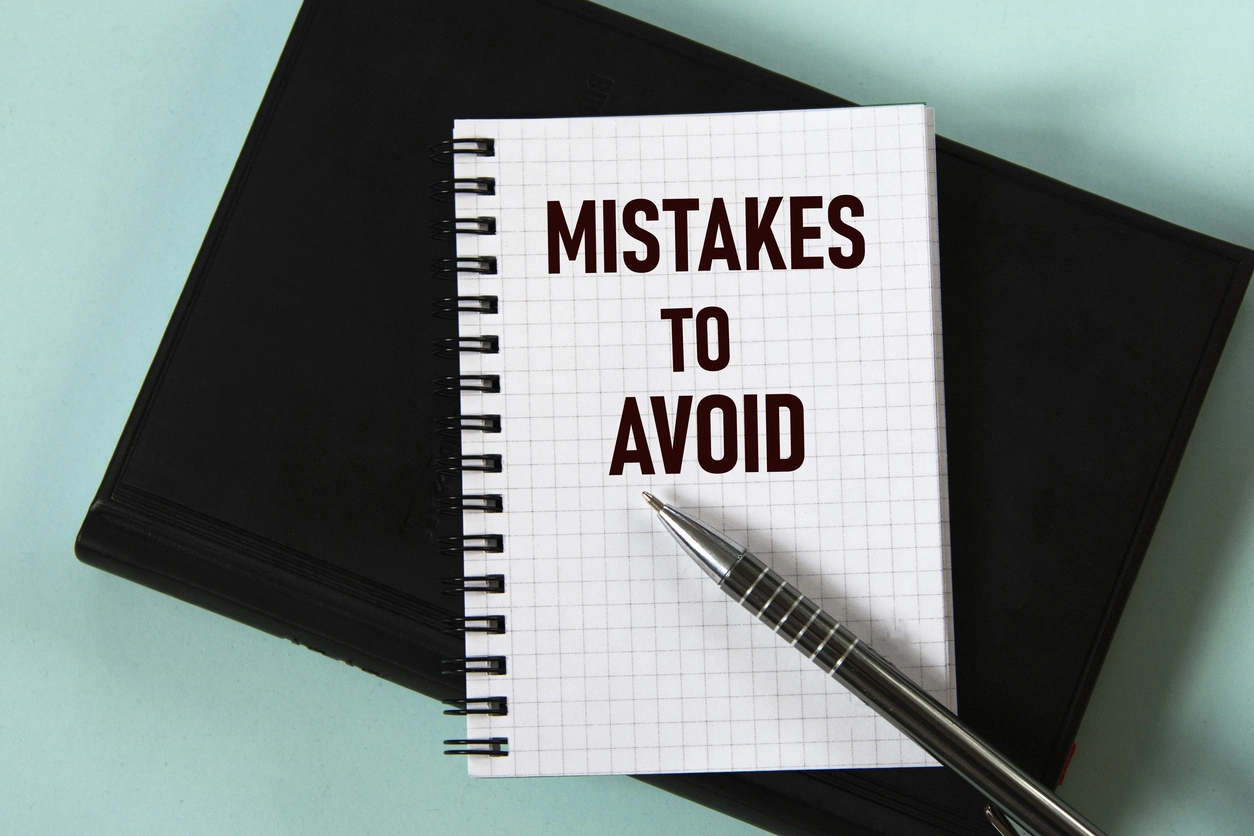A colleague was helping a business owner look for funding for his business. He introduced him to a potential investor at lunch. The next day the investor called my colleague and told him that the person was nice, however, he would never invest in his business. My colleague asked for a reason.
The investor said that he had “Mercedes - Benz syndrome”.
“What’s that?” asked my colleague.
Invest in Business Growth, Not Your Lifestyle
After further discussion, the investor explained that during the conversation at lunch, he discovered that this person was funding a $2,200 Porsche lease through the business. What that said to the investor was that this person appeared more interested in having the business pay for his lifestyle, rather than growing the business. The investor explained to my colleague that he was unwilling to put his money toward the payment of a car lease. His investments were supposed to help grow the business, not the owner’s investment in the “finer things of life”. He then went on to explain that this is what he referred to as the “Mercedes - Benz Syndrome”. It’s a term used to describe when business funds are used to pay for unnecessary personal assets, i.e. the owner’s “Mercedes - Benz”. An investment that is supposed to be directed toward the business needs but instead goes towards the owner’s personal needs.
Cash in the Bank Isn’t a Pass to Spend It
It struck me that I’ve also seen many HVACR owners do this too. These are the owners who don’t understand that cash does not mean profit and that having cash in the bank does not mean that you must spend it. They assume if there is cash in the bank, then they can spend it on whatever they’d like to spend it on. After all, it is “their business.” But that is not smart business.
These “Mercedes - Benz” business owners use the business cash to buy boats or have the company pay for expensive trucks and cars. They write off vacations, build an expensive home, have a non-working relative on the payroll, use company credit cards for personal expenses, and the list goes on. Instead of investing in the business, they invest in themselves.
Don’t mistake my sentiment – there is absolutely nothing wrong with enjoying the fruits of your labor and the labor of your employees. However, you can’t do it at the expense of your business. If you need evidence of why this is poor business management, I’ve included the following examples.
Do as I say, not as I do. If employees see you using company credit cards to fund personal expenses, they think they can do it too. A technician goes to the gas station and purchases gas. However, he also purchases a drink, food, and other personal things on the company credit card. He thinks, “The boss does it. I can do it.” If no one checks the credit card statements, then the technician CAN and WILL do it.
Business and personal expenses do not mix. Clean books are critical to know the true profitability of your company. Business and personal expenses must be separated. If your goal is to sell your company to outside investors, then profits will be decreased by the amount the investors deem “personal expenses”.
Family on the payroll should be held to the same standards. When employees see sons, daughters, wives, or other relatives on the payroll who are not working or are not productive, this affects their productivity and in turn, your company’s bottom line. What would happen to your net profits if non-productive employees (including relatives) were not on your payroll? Or, perhaps you should do a review to make sure all employees are being held to the same standard.
Save money for the slower season. Saving for a rainy day helps eliminate the “Mercedes - Benz Syndrome”. How is that, you ask? If you keep the big picture in mind, you will be less likely to spend frivolously. So that, in years with lower profits, you have cash reserves that keep your operations going. If we had to endure another world shutdown like in 2020 during the pandemic, could your company survive for six months without revenue coming in the door?
A GOOD Rule of Thumb Formula: Take the total payroll plus payroll taxes for your busiest month and add that number to the total overhead in your busiest month.
Multiply this sum by 3 to 6 depending on your risk tolerance. That final amount is how much you need in savings.
To generate these savings, put 1% to 2% of every dollar that is collected in a savings account. Put at least 50% of all residential maintenance plans and 5% of all commercial maintenance plan dollars that are received in a savings account. Resist the temptation to use the money for “Mercedes - Benz” items when the dollar amount is large and your company had a very profitable year.
Saving IS a Smart Investment
Please avoid the “Mercedes - Benz Syndrome”. Make sure that you are earning enough on your revenues to generate reasonable profits. Save some of the money you generate from collections on those sales.
Refraining from spending company money on personal assets, good profits, unproductive family employees, and other unnecessary expenses is the only way to grow. Always put money in savings. You’ll have the cash when an unexpected major expense or another pandemic arises. If you follow this advice, you enjoy the fruits of your labor the right way.
Ruth King has over 25 years of experience in the hvacr industry and has worked with contractors, distributors, and manufacturers to help grow their companies and become more profitable. She is president of HVAC Channel TV and holds a Class II (unrestricted) contractors license in Georgia. Ruth has written several books and has a new one on its way. The official publication date (and when it will be available on Amazon) is in 2023. But if you would like an advance copy, before the official publication date, Click Here to order. Contact Ruth at ruthking@hvacchannel.tv or call 770.729.0258






